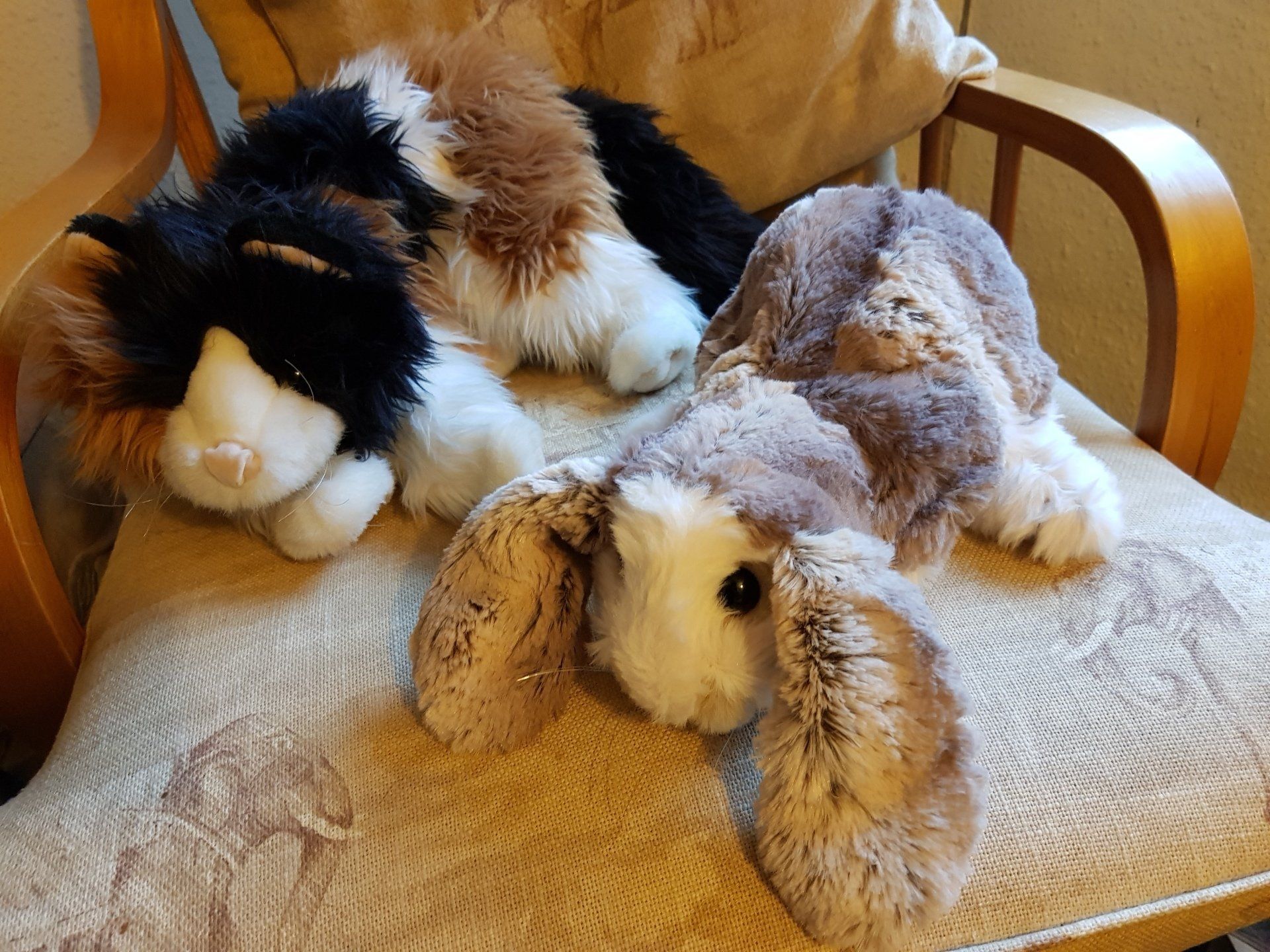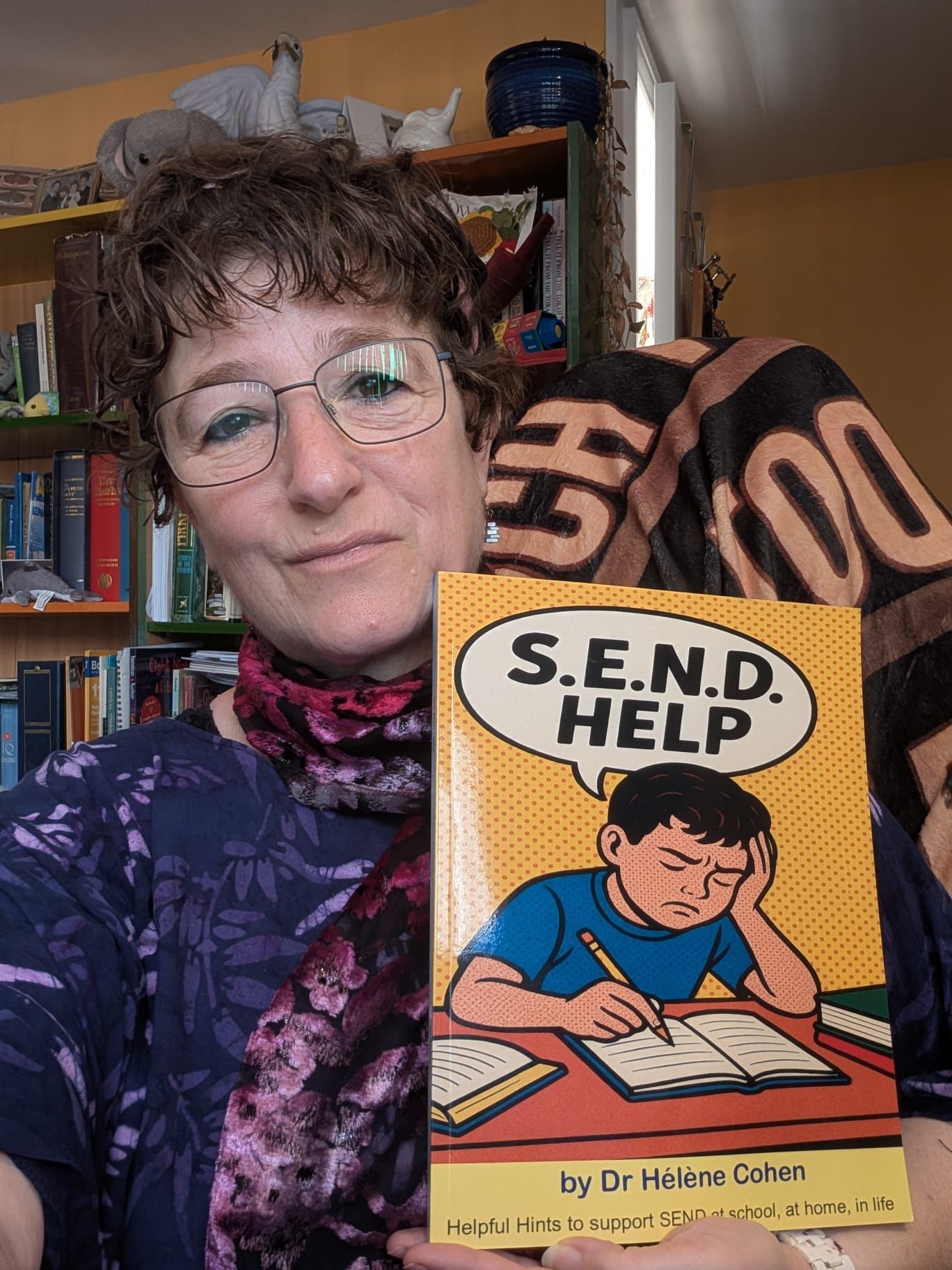Building Parental Relationships
As a new academic year gets underway, it's worth considering how we work in partnership with parents.
Sitting with a parent, discussing a referral form that details the somewhat challenging behaviour of his daughter, I am reminded of the importance of establishing a trusting relationship with parents from the start. Being a SENCO means having to explain to parents that their child has a learning difficulty or disability and this requires sensitivity and trust.
The way I have managed this, is to set aside sufficient time for initial parent meetings to discuss any findings from assessments and observations. During these meetings, I have tried to ensure that parents fully understand the educational, personal and emotional aspects, as well as strategies that are used in school to support their child. It is also important that this is seen as a partnership, and parents are aware of what they can do to support their child. This initial meeting is often emotional for parents, so time is needed to reassure them and forge understanding and trust.
Meeting can be difficult, as often they involve telling parents things that they would rather not hear. Sometimes, by contrast, it can almost be a relief to realise that there’s a reason for the difficulties that their child has been experiencing. Either way, the time and care invested in this initial meeting will invariably pay off; provided it is followed up with clear lines of communication being established.
Things that help with these initial meetings include having a box of tissues at the ready, as well as a glass of water, pens and paper. These meetings can also throw up matters not on the agenda. Often parents will talk of their own experiences at school, realising that they too may have some undiagnosed learning concerns; other times extremely personal information about home life is shared of which hitherto the school had been unaware. I’ve had parents share their marital problems, alcohol dependency and abuse at home when I’ve thought I was simply arranging a meeting to see if we should be assessing their child. Whatever is discussed needs sensitive handling and at times an understanding that what has been disclosed needs to be passed on to someone else. We’ve all had the training for safeguarding, and these meetings can be the place where such a concern is raised. A trusting relationship does not mean making promises to confidentiality that cannot be kept.
This trusting relationship is what helps the child progress as parents know that their voice and concerns are being heard and that we are all working towards their child’s best interests.
Sometimes books can be a good way in to alerting a parent about a learning need that there child may have. Particularly sensitive areas for discussion are ASD, Anxiety and ADHD. When these form part of the nature of a concern my first port of call is usually Kathy Hoopmann. Her books: All Cats Have Aspergers; Inside Aspergers Looking Out; All Birds Have Anxiety and All Dogs Have ADHD have proved invaluable. The use of photos of animals, with carefully worded captions is a gentle way to introduce the various behaviours and feelings that often accompany ASD, Anxiety and ADHD. They provide a stimulus for discussion and can lead to a way in for the parent, or school, to then broach the subject with the child when the parents and school feel the time to be appropriate. Health warning – these books usually require that handy box of tissues that I mentioned earlier. It is worth noting that these Aspergers books focus on boys with ASD and there is now more research about the different ways on which girls on the ASD spectrum present. There are now books on ASD, specifically about girls on the spectrum, such as I am an Aspie Girl by Danuta Bulhak-Paterson. We all find our personal favourites to use.
Whatever the concern that needs to be raised, it is helpful to imagine yourself receiving the information for the first time about your own child. How would you feel? Having been on the receiving end of a badly handled parent meeting about one of my own sons, many moons ago, when his behaviour at primary school had been far from desirable, I am only too well aware of how badly wrong a meeting can go if not properly planned and handled. I was told that my son was ‘horrible’. He wasn’t – and isn’t – but at the time his behaviour was. His grandfather had just died! The teacher simply opened the meeting with “(child’s name) is horrible!”. Unsurprisingly, this was not well received by me! It’s an example of what not to do that I have used on many occasions when mentoring new teachers. The old adage – the behaviour not the child – still holds true. Likewise, a child with ASD, ADHD, Dyslexia or any other label is not the label. The child is always her own individual self, a person that needs to not become lost in a label that’s being discussed. We are all individuals, and all have our worth. This is the parent’s child we are discussing and not merely the label.
Finally, but importantly, as soon as possible after the meeting make notes on what has been discussed. I always make a point of making minutes of any meetings with parents using a simple bullet point format, signing and dating them and then sending them home to be counter-signed by the parents/carers who attended. That way the school and the parents have a record of the meeting. This can help resolve any issues should they occur later, as there is a signed record of what was discussed and agreed.


